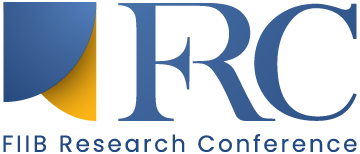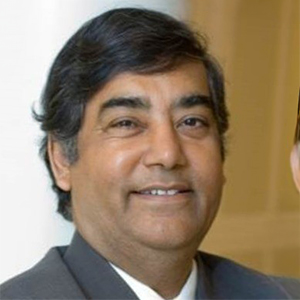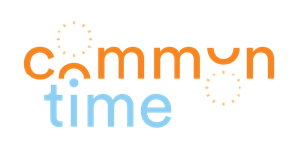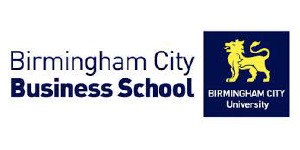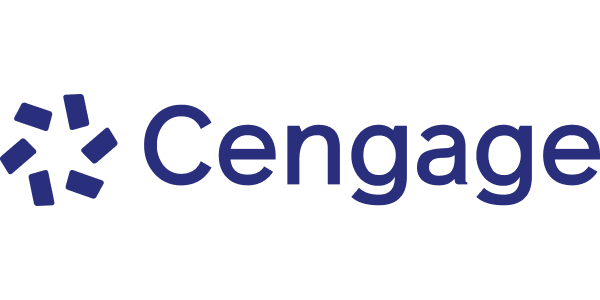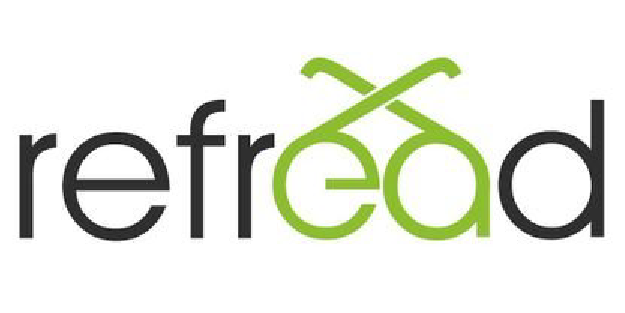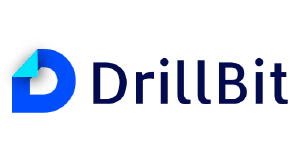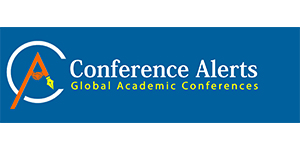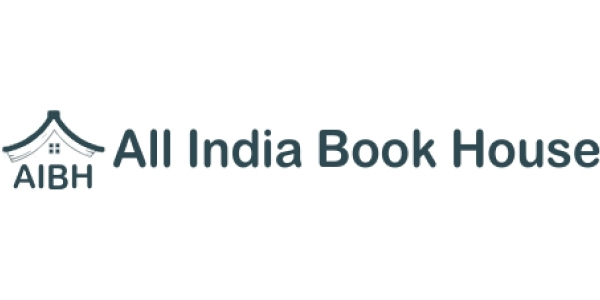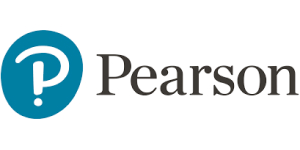FRC 2024 is FIIB’s annual research conference that aims to bridge academic knowledge with its applications in practice. The theme for this years’ conference is highly relevant for scholars and practitioners alike. Whether you are a seasoned researcher, early career academic, doctoral candidate or a practitioner, you will find it worth your time to join the deliberations. From paper presentations, to paper development workshops, confidence building competitions, cutting-edge keynotes and networking opportunities with editors and reviewers, FRC in its 9h edition packs the promise to be that one conference that you just cannot miss!
9th Edition of
The FIIB Research Conference
While the term VUCA, coined almost 30 years ago, was adequate to make sense of the ambiguity and instability of the times we lived in pre-pandemic, it is now increasingly becoming obsolete due to the high velocity change we are currently experiencing. In describing the current state of things, Jamais Cascio, American anthropologist, author and futurist proposed the BANI model as a framework to understand the present reality and accordingly shape the future. In his words BANI (an acronym that expands to – brittle, anxious, nonlinear and incomprehensible) applies to-
“Situations in which conditions aren’t simply unstable, they’re chaotic. In which outcomes aren’t simply hard to foresee, they’re completely unpredictable. Or, to use the particular language of these frameworks, situations where what happens isn’t simply ambiguous, it’s incomprehensible.”
COVID-19 brought with it an array of drastic and inter-related changes that threaten the sustainability of businesses and jobs: a remote and altered workforce, a purely online restricted consumer, unreliable business forecasting, navigating complicated regulatory scrutiny, and more. In this chaotic world order, organizations can begin to set themselves for success and stay ahead of the curve from their counterparts by developing an ability to imbibe human-like traits, especially those of courage, resilience, self-awareness and human-heartedness, that will help them become human-centric when it comes to their employees, customers, partners and other stakeholders.
FRC 2023 could be a starting point to build on and come up with proactive solutions and roadmaps to this overwhelming new world of work by posing the following profound, yet open questions to the scholars who study and inform management, as well as practitioners who practice management to collaboratively answer:
1. What innovative organizational structures will need to evolve to accommodate a more humanized, people-first workplace?
2. How do businesses and B-schools collaborate to create a better world of work that unlocks greater human potential?
3. To what extent do organizations need to redesign work models and work environments so as to create meaningful experiences for employees and the extended workforce (the off balance sheet talent like gig workers, and freelancers) that forge strong relationships with the organization?
4. How are the global megatrends (such as climate change, automation, social business, DEI initiatives) influencing the talent economy?
5. How do organizations rethink and cultivate their brand personality and values through establishing meaningful connections with their customers?
6. What do these changes mean for organizational leaders and the reinvention of their mindsets and attitudes, to create the conditions for teams to be iterative, open, inclusive, and, ultimately, effective?
7. How can humanizing their business help companies develop greater strategic resilience to navigate future shocks?
FRC 2023 will deliberate on these and many more such questions that challenge our collective abilities to innovate as we strive to create human-like and human-centric businesses. Join us to make a difference on this most fundamental issue and get in the driving seat to help guide and govern this thought provoking and meaningful conversation.
FRC 2024 Theme
"Rethink, Reimagine, Redesign Businesses for Meaningful and Mindful Impact"
In the current volatile business landscape, we are witnessing a profound transformation characterized by a shift in corporate values and strategic priorities. This transformation is intricately connected to dynamic factors such as sustainability, inclusion, and disruptive technologies. These elements are active agents in the ongoing evolution of the corporate landscape, fundamentally altering how individuals think, act, and engage within the global business arena.
The present business scenario grapples with the challenges that are not just financial in nature. The businesses today have to meet with the expectations of technological advances, sustainability and ethical considerations. They also have to adapt to the behavioral shift in the outlook of concerned stakeholders towards acceptable business practices.
The challenges, in-part, are attributed to disruptive technologies that are at the forefront of altering how businesses operate and how individuals engage with the world. These rapid technological advancements compel individuals to adapt, learn new skills, and embrace technology-driven behaviors. They not only transform how people work but also redefine consumer behavior as digital services and tools become integral, changing the way individuals interact with products and services.
Further, this evolution takes place in a world where the United Nations Sustainable Development Goals (UNSDGs) guide the global agenda, recognizing that business success is inherently linked to the well-being of society and the planet.
Advisory Board Members
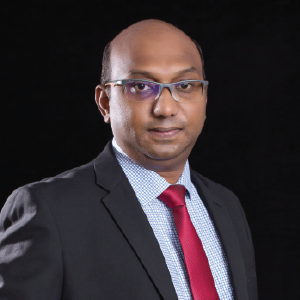
Dr. M S Balaji
Professor, Rennes School of Business, Rennes, France
<br>
<br
Speed Dating with Editors
Showcase your work and receive feedback from our experienced editors
A fantastic opportunity for authors to get personalized feedback on their papers and learn from the finest intellects in the field of management research! Speed Dating with Editors is a platform not just to showcase your work and get their feedback but also an opportunity to network with Editors of top international journals. Selected top papers presented during the paper presentations at FRC will get a unique opportunity to have a one-on-one tetê with editors of top global journals.
Why you should participate
- Get Quick Access to Editors
- Fast Paced format to showcase your work
- Learn about best practices in academic publishing
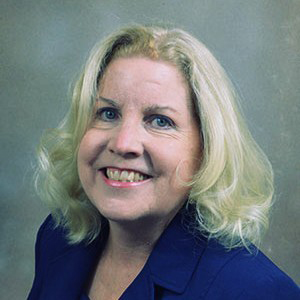
Dr. Jacqueline Eastman
Co-Editor, Journal of Consumer Behaviour; Professor of Marketing and Alico Eminent Scholar, Florida Gulf Coast University, USAbr
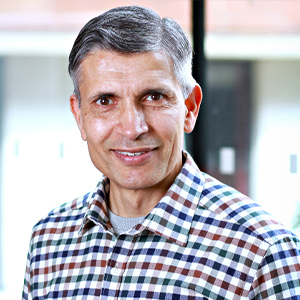
Dr. Pawan Budhwar
Editor-in-Chief, Human Resource Management Journal; Professor of International HRM, Associate Deputy Vice Chancellor International, Aston Business School, UK
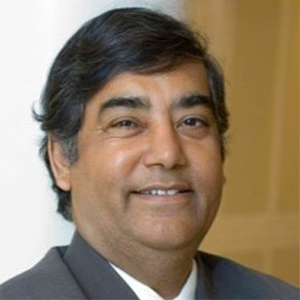
Dr. Ajay Manrai
Editor-in-Chief, Journal of Global Marketing; Professor Emeritus of Marketing at University of Delaware, USA
Who Should Attend

Researchers
- Research Paper Presentation Opportunities
- Meetings with the Editors & Reviewers of Top Journals
- Participation in its Research Grant and Case Presentation

Doctoral Scholars
- Confidence Building Competitions
- Paper Development Workshops
- Research Methodology Workshops

Industry Leaders
- Perspective / Insights Paper Presentation Opportunities
- Panel Discussions on Contemporary Topics

And More..
- Keynotes on Contemporary and Relevant Topics
- Networking Opportunities
- Ideation Bootcamp
Find your Fit at FRC 2024

Present your research
findings and gain
constructive feedback

Attend keynote on
contemporary issues

Present your case
study on the business
problem identified

Participate in Three
Minutes Thesis
Competition

Dive into the dynamic world of innovation with Ideation Bootcamp

Meet the Reviewers to
prepare for your
research journey

Win a research grant
worth Rs. 75000

Speed Dating Editors

Receive Constructive
Feedback on early
paper presentations
Paper Development Workshop
The FIIB-JGM Paper Development Workshop 2024 is your gateway to refining your research and expanding your academic network. Scheduled for October 15, 2024, this virtual event offers an invaluable opportunity to engage with the editors of the Journal of Global Marketing (ABDC – B Category, Scopus – Q2), gain tailored feedback on your work, and connect with fellow scholars in the field. Don’t miss the chance to elevate your research and explore publication opportunities with a leading journal.
Submit your extended abstract by September 30, 2024, and be part of this enriching experience.
Know More
Centers of Excellence at FRC 2024
Center for Behavioral Insights (CBI)
Explore the nuances of human behavior in business through the interdisciplinary lens of CBI. Delve into how individual and group behaviors influence organizational dynamics and decision-making processes. CBI fosters a deeper understanding of human behavior’s impact on business, aiming to create knowledge that addresses interdisciplinary challenges.
Keynote
Measuring Behavior Changes: From Metrics to Meaningful Impact
Beyond Influence: Futurecasting the Evolution of Behaviour Change
Panel discussion
The Interplay Between Emotions and Data Driven Decision Making
Ideation Bootcamp
Customer Patterns
Center for Innovation, Entrepreneurship & Technology (CIET)
Experience the transformative power of innovation, entrepreneurship, and technology with CIET. From ideation to social entrepreneurship, CIET nurtures a culture of innovation, advances research, and promotes innovative thinking. CIET empowers individuals to turn passion and ideas into actionable initiatives that drive positive change.
Keynote
Investing for a Better Future: Building Innovative, Sustainable and Inclusive Technologies
Panel discussion
Measuring and Maximizing the Influence of Technology and Innovation Ecosystems: Methods and Best Practices
Ideation Bootcamp
Riskiest Disruptions
Center for Responsible Management (CRM)
Championing ethical and sustainable business practices, CRM facilitates organizations in strengthening their commitment to responsible management. By providing insights and support, CRM encourages businesses to become socially relevant while advancing practices aligned with ethical and sustainable development goals.
Keynote
Can Business Save the Planet?: The Commitments vs The Contradictions to SDGs
Making SDGs Everyone’s Business: The Role of Academic Research in Advancing SDGs Achievement
Panel discussion
SDG Reporting vs. SDG Washing
Ideation Bootcamp
Planet Priorities
Workshop
Integrating UNSDGs for Research
Registration Fees
Particular |
Single events Fees** |
All Events* |
On-Site fees** (Except RGC) |
|---|---|---|---|
| Academicians and industry practitioners (India & South Asian Nations | Other Nations) | INR 2,500 | US $45 | INR 7,000 | US $100 | INR 2750/US $50 |
| Research scholars (India & South Asian Nations | Other Nations) | INR 1,500 | US $30 | INR 4,000 | US $75 | INR 1750/US $35 |
| PG/UG students (India & South Asian Nations | Other Nations) |
INR 1000 | US $25 | INR 3,000 | US $60 | INR 1200/US$28 |
| Non-presenting co-author & Attendees (India & South Asian Nations | Other Nations) |
INR 500 | US $10 | – | INR 600/US $10 |
Early bird registrations: 10% discount
*Includes access to all keynote addresses, workshops, panel discussion, paper presentation across all five days
** On site is applicable only for the single day
Important Dates
Katastasi
Early Bird Registration (Payment) Closes on
15th August 2024
Last Date for Regular Registration & to Submit Cases
04th October 2024
RGC
Registration Starts
31st March 2024
Early Bird Registration (Payment) Closes on
15th August 2024
Last Date to Submit Proposal
30th September 2024
Review Decision by
04th October 2024
Last Date to Submit Full Proposal
08th October 2024
RCDC
Registration Starts
31st March 2024
Early Bird Registration (Payment) Closes on
15th August 2024
Last Date for Regular Registration (Payment)
04th October 2024
Paper Presentation
Registration Starts
1st June 2024
Last Date to Submit Extended Abstract
30th September 2024
Review Decision by
04th October 2024
Last Date for Registration & Payment
08th October 2024
FRC 2024 Events
Katastasi: Case Writing Competition
This event is a unique
initiative of FIIB which encourages academicians, researchers and practitioners to present their case studies. Best case studies from Katastasi will be invited to the main conference for presentation.
14th Oct 2024
Research Grant Competition (RGC)
Fostering research acumen in the young scholars and academicians has been a consistent endeavor of FIIB. The institute has launched this exciting initiative where the researchers will be able to get financial support for their projects.
14th Oct 2024
Research Clinic & Doctoral Consortium (RCDC)
In this event, researchers and doctoral scholars will get valuable inputs from experts from India and abroad. Some exciting and fun activities have been planned for the event like proposal presentations, 3 Minute PhD. Thesis Competition and much more
15th Oct 2024
Paper Presentations
Scholars and researchers to submit papers on a wide range of themes, including but not limited to: Artificial Intelligence & Machine Learning, Augmented Reality/Virtual Reality & the Metaverse, Sustainability, Diversity, Equity, & Inclusion, as well as Human Behavior and Evolving Mindsets.
16th – 18th Oct 2024
